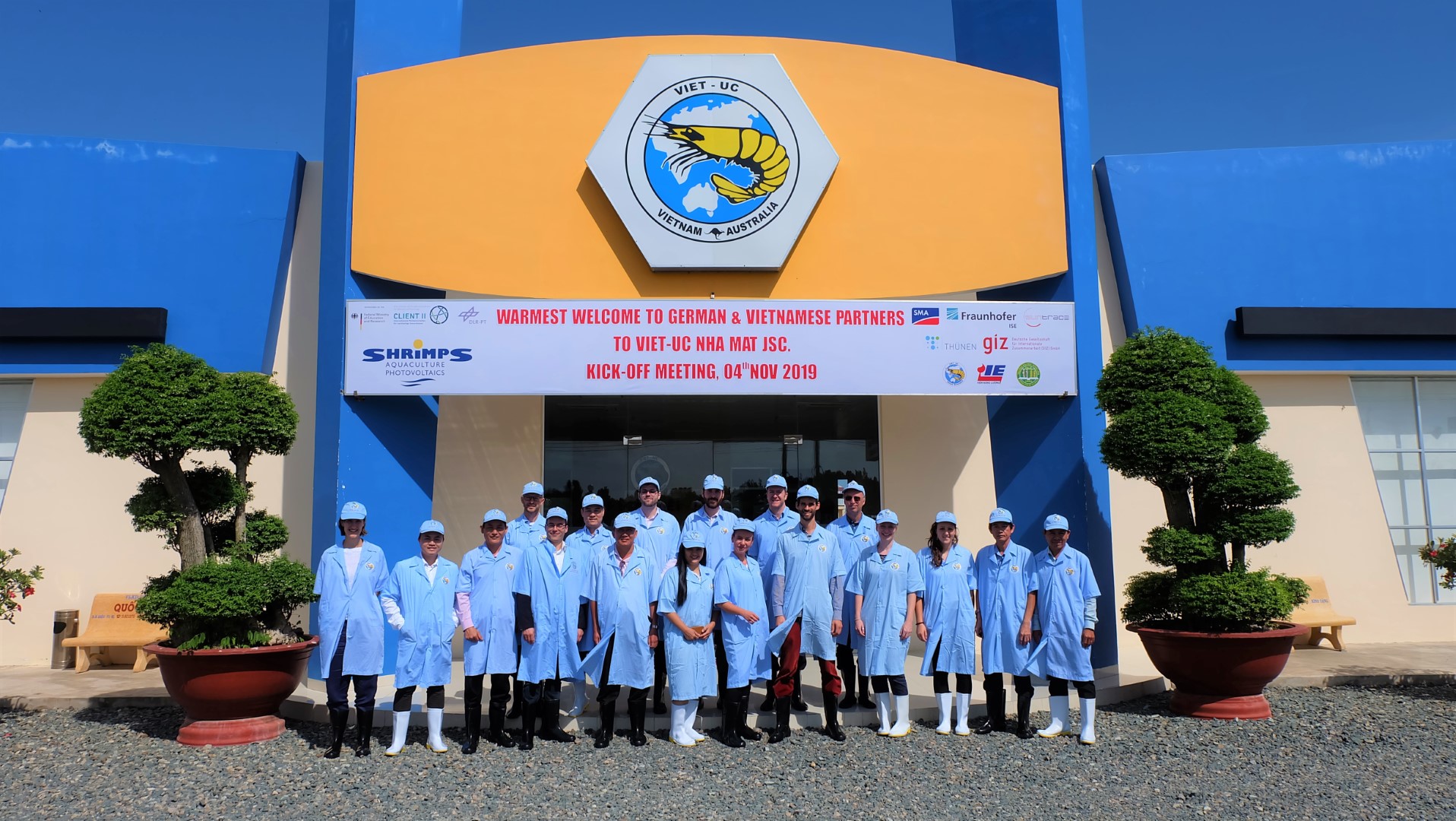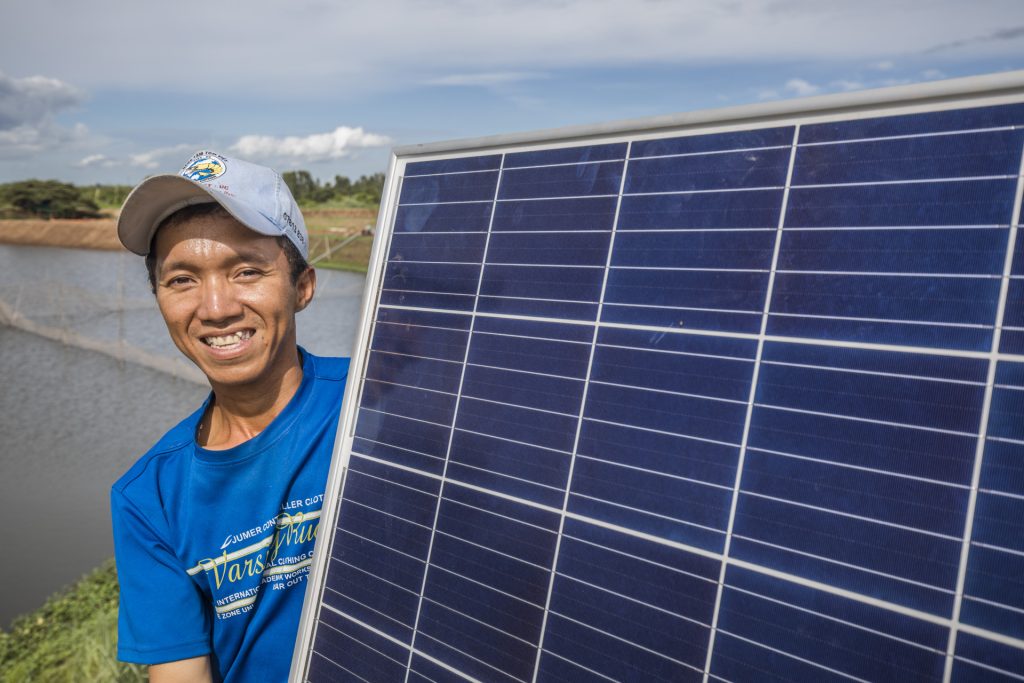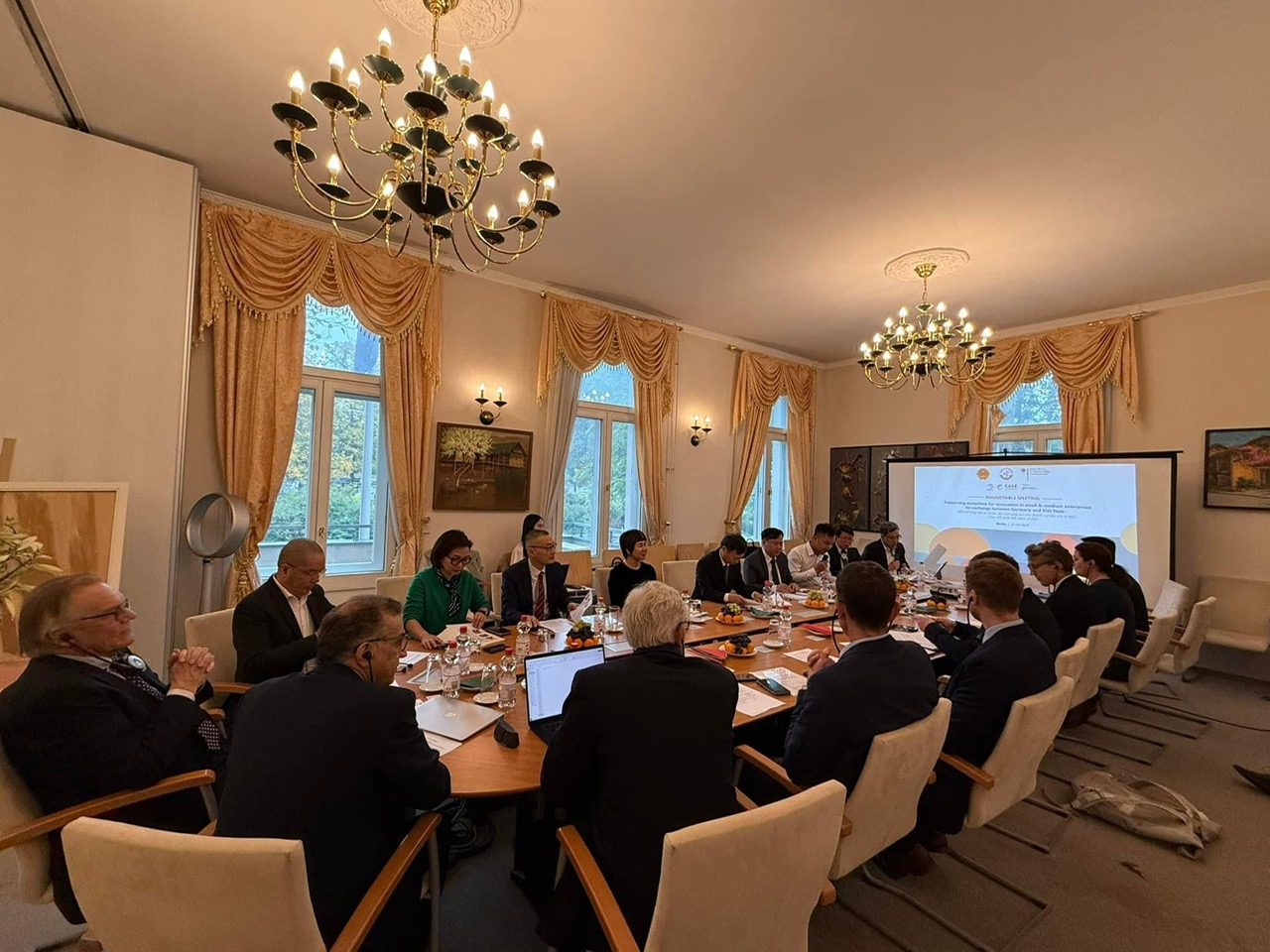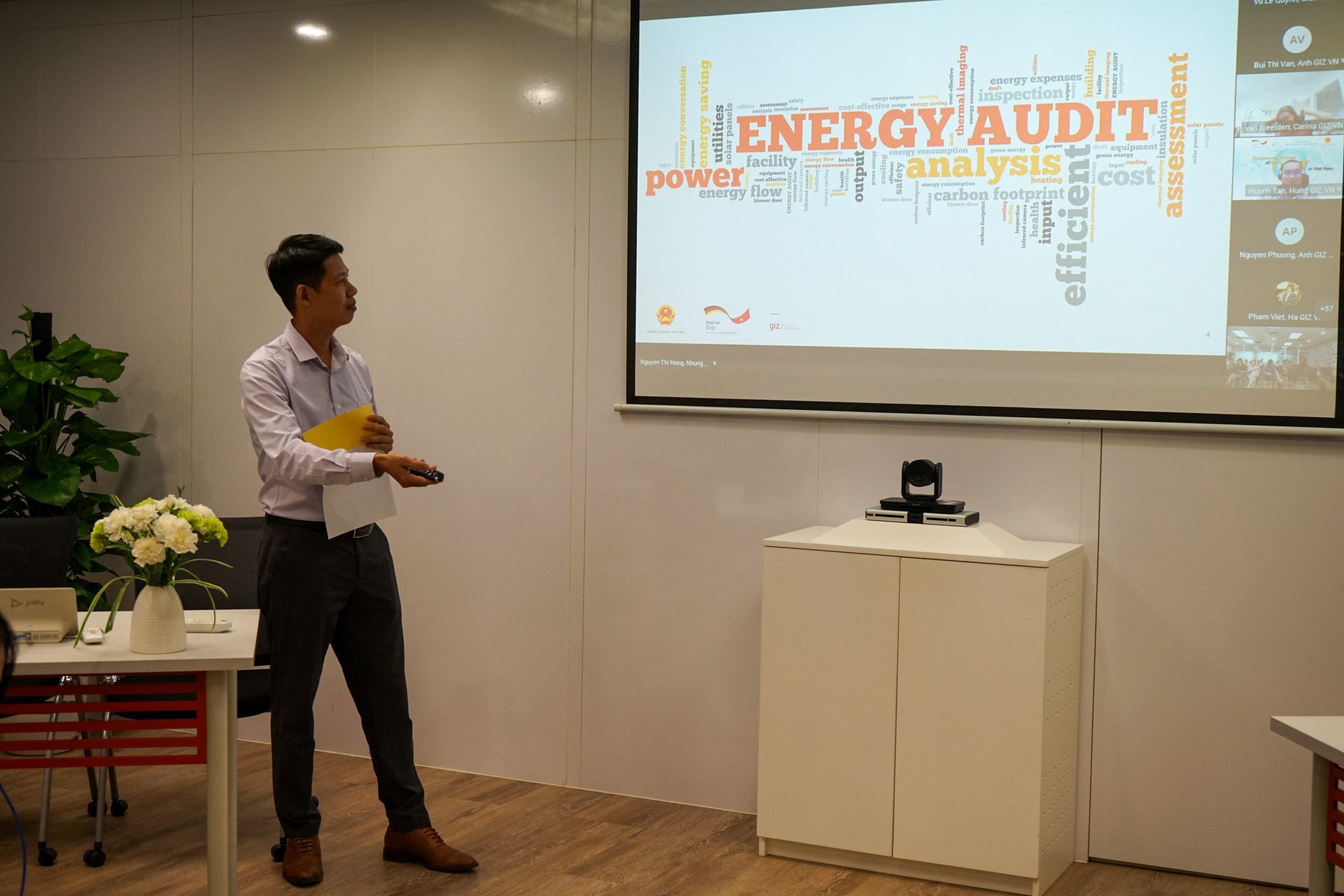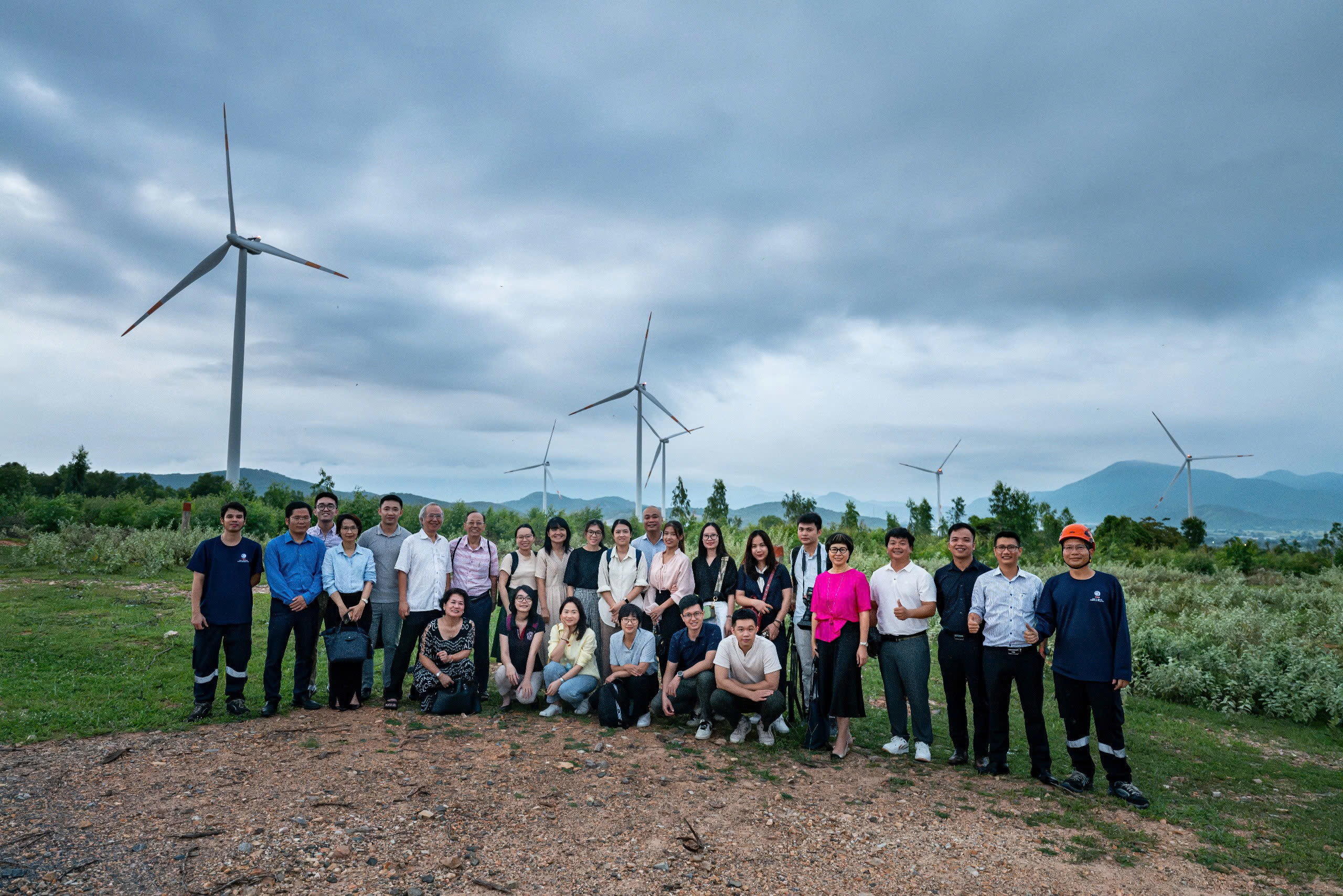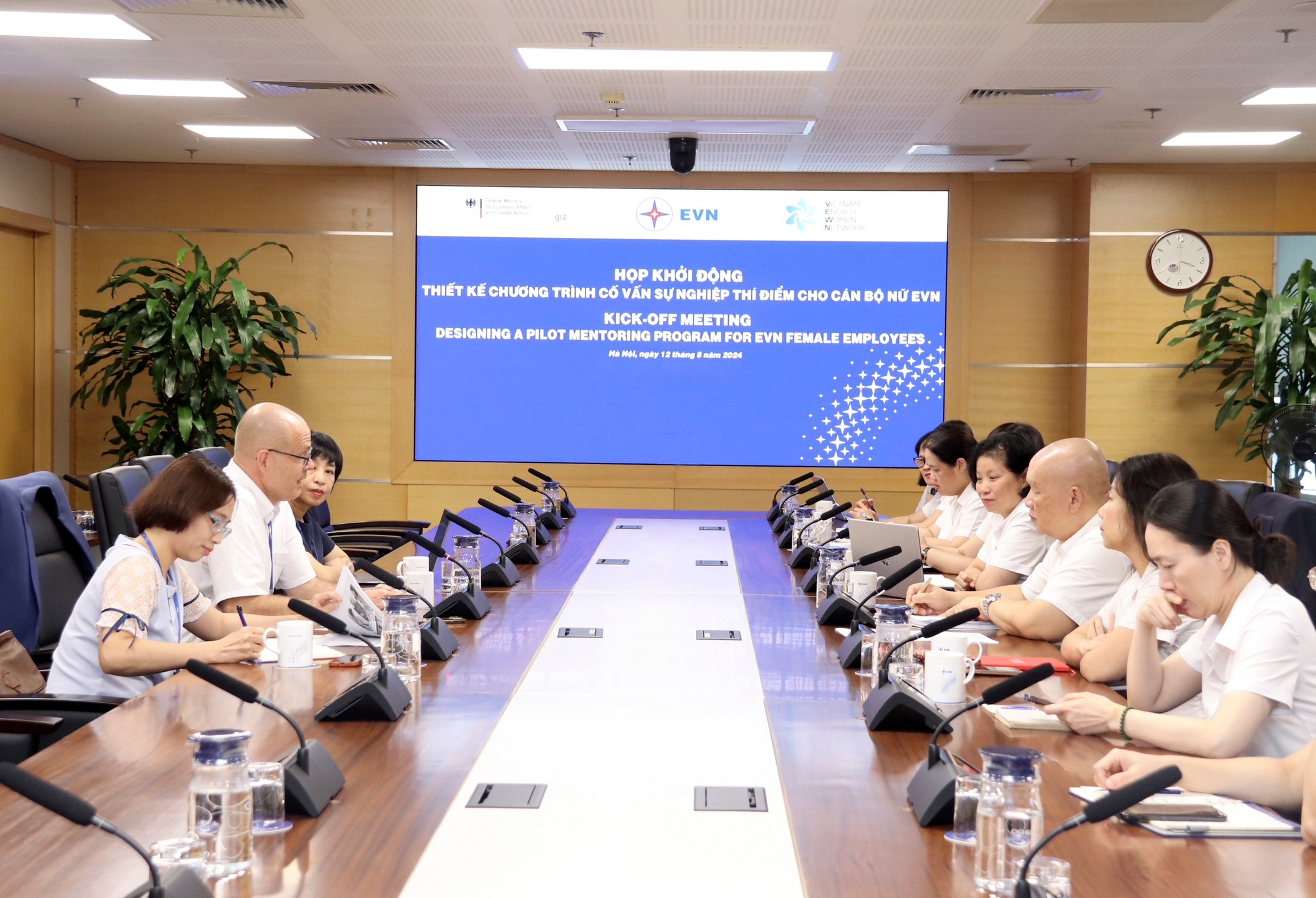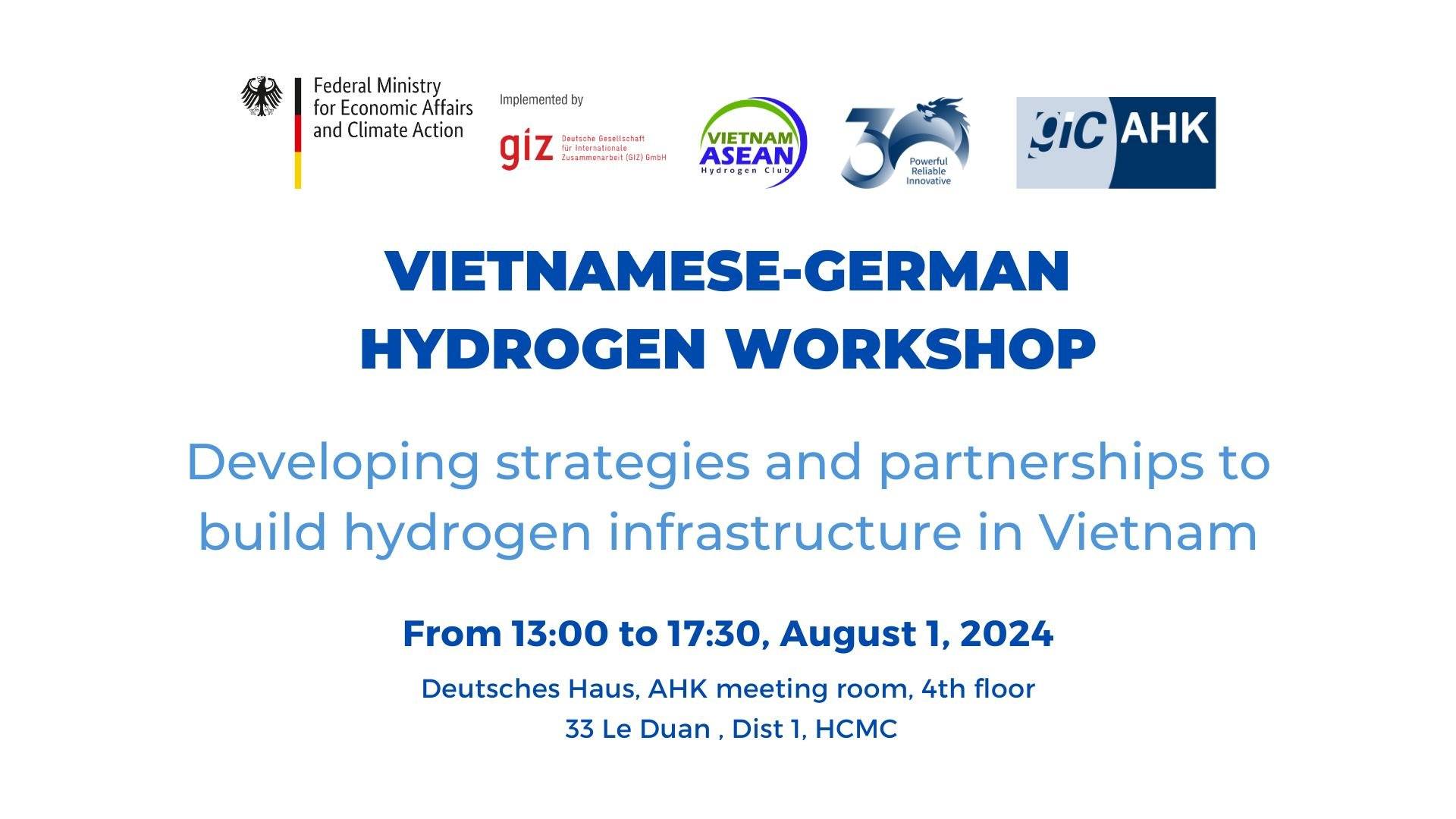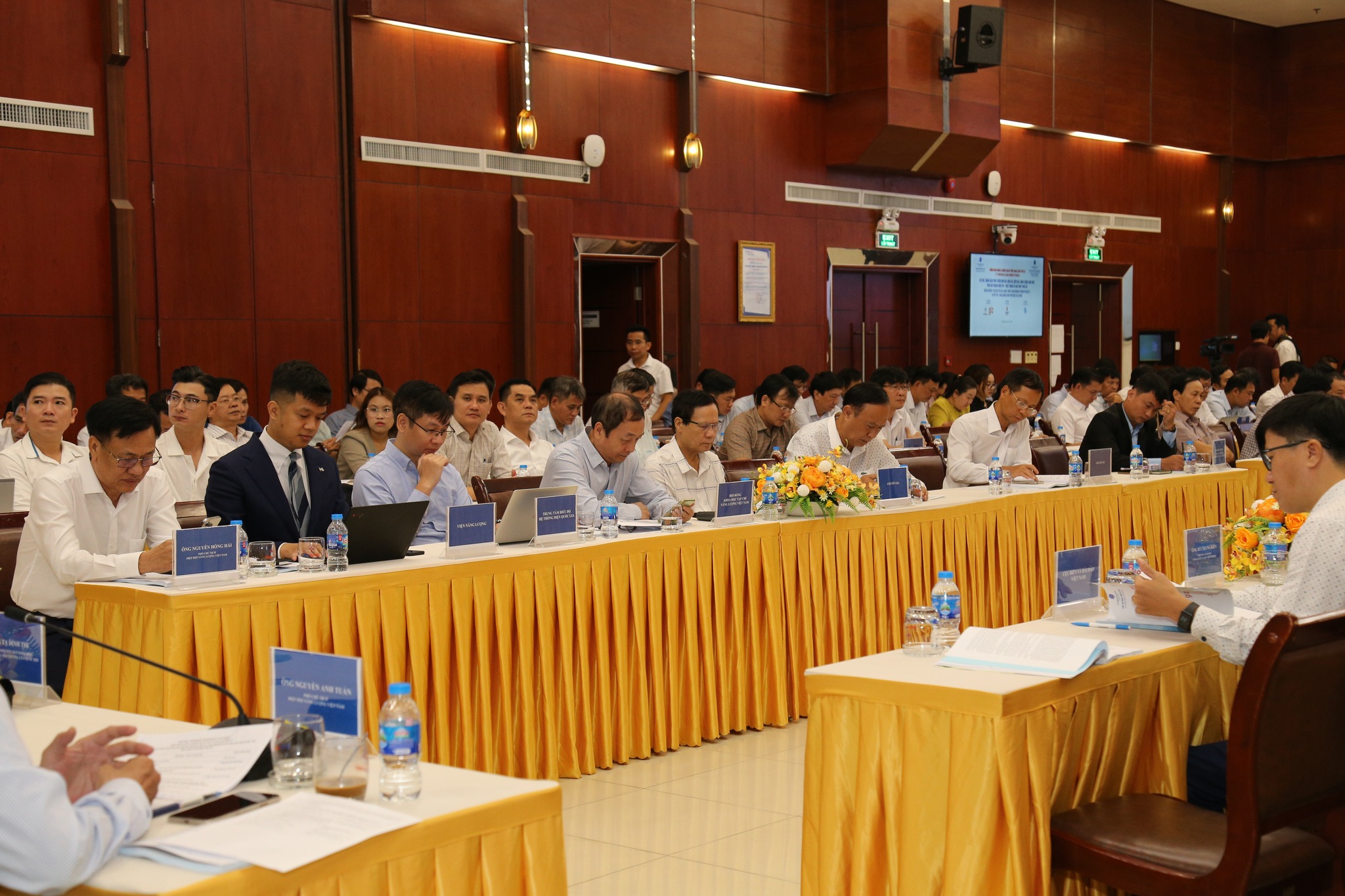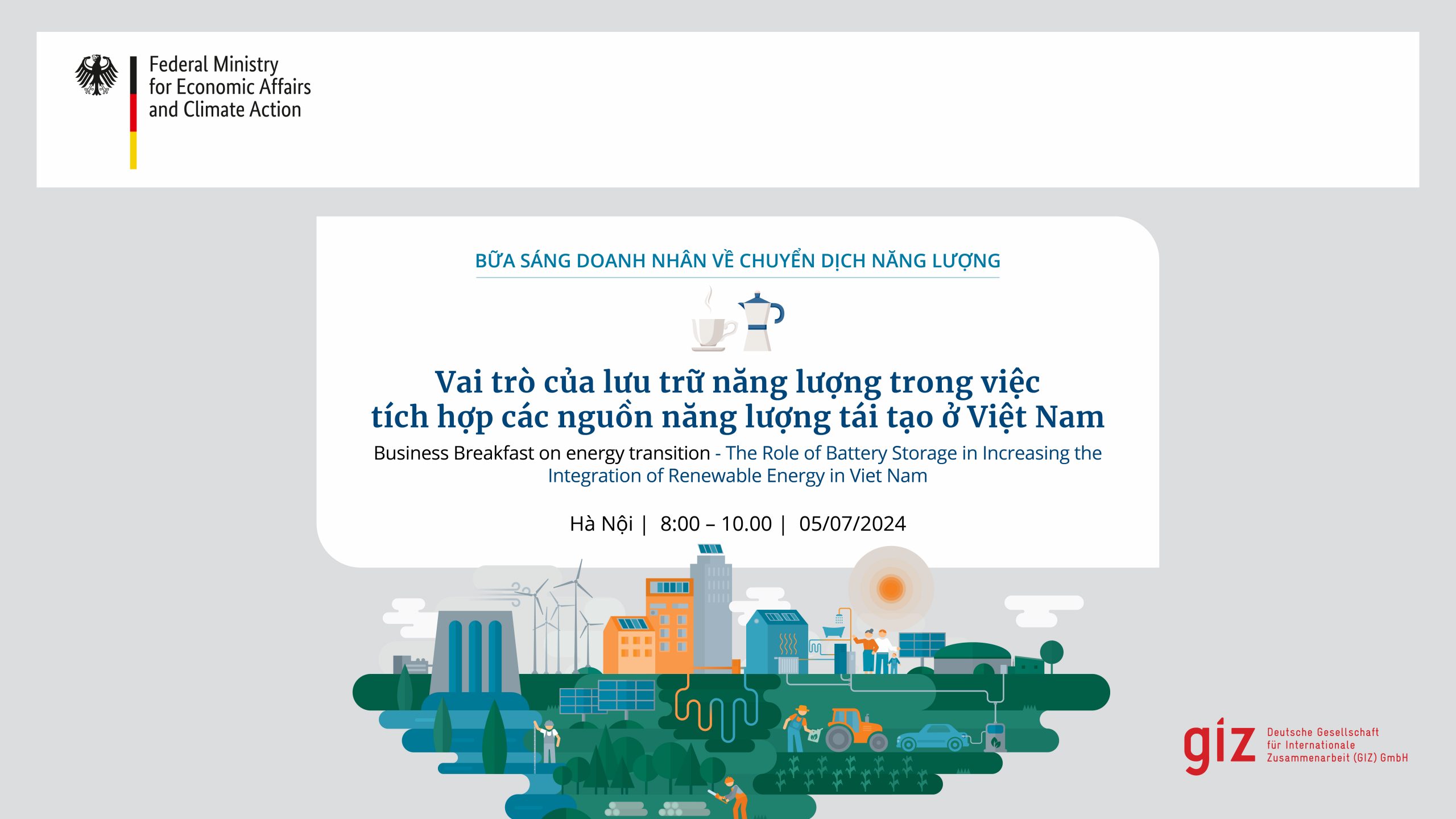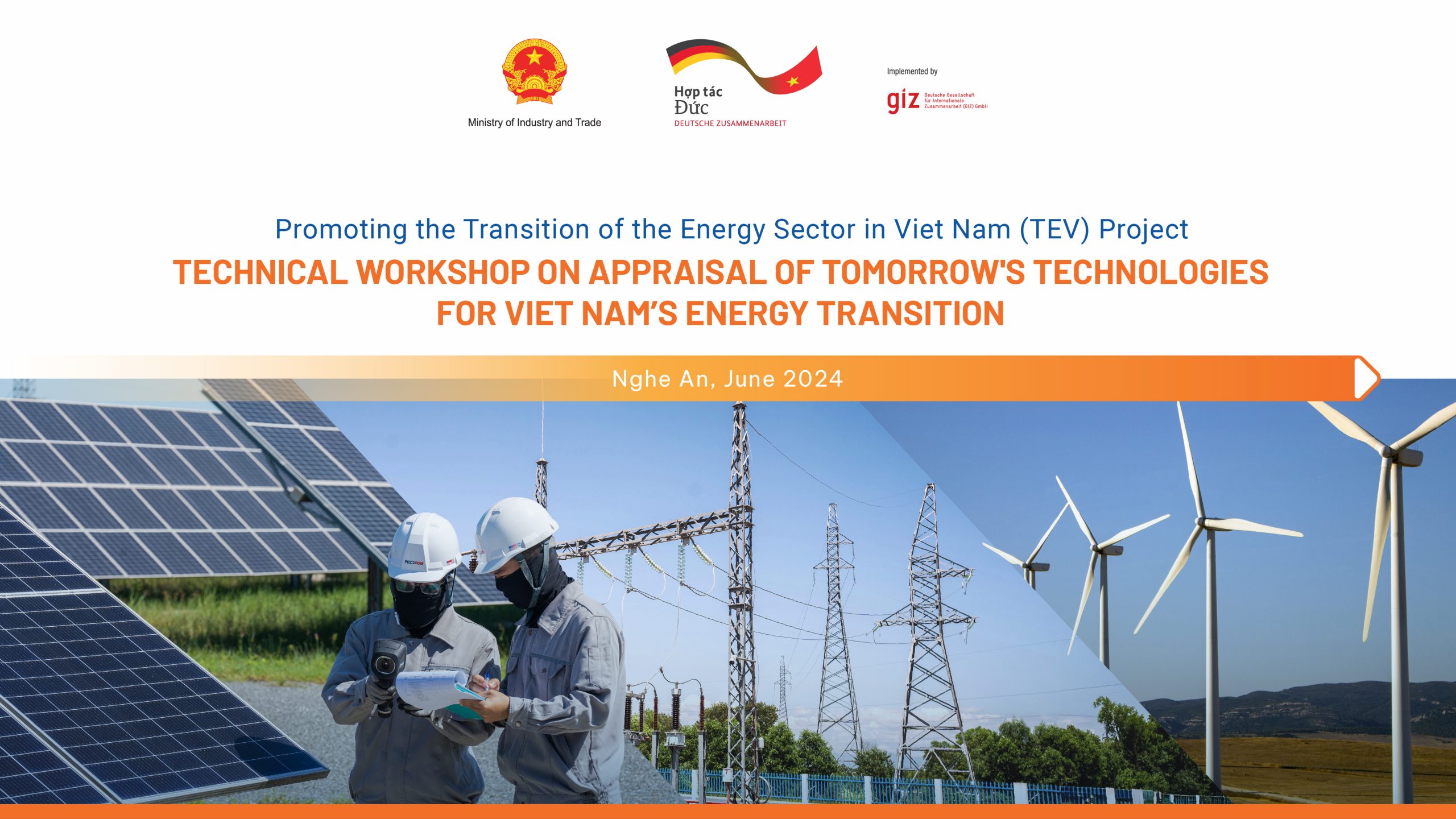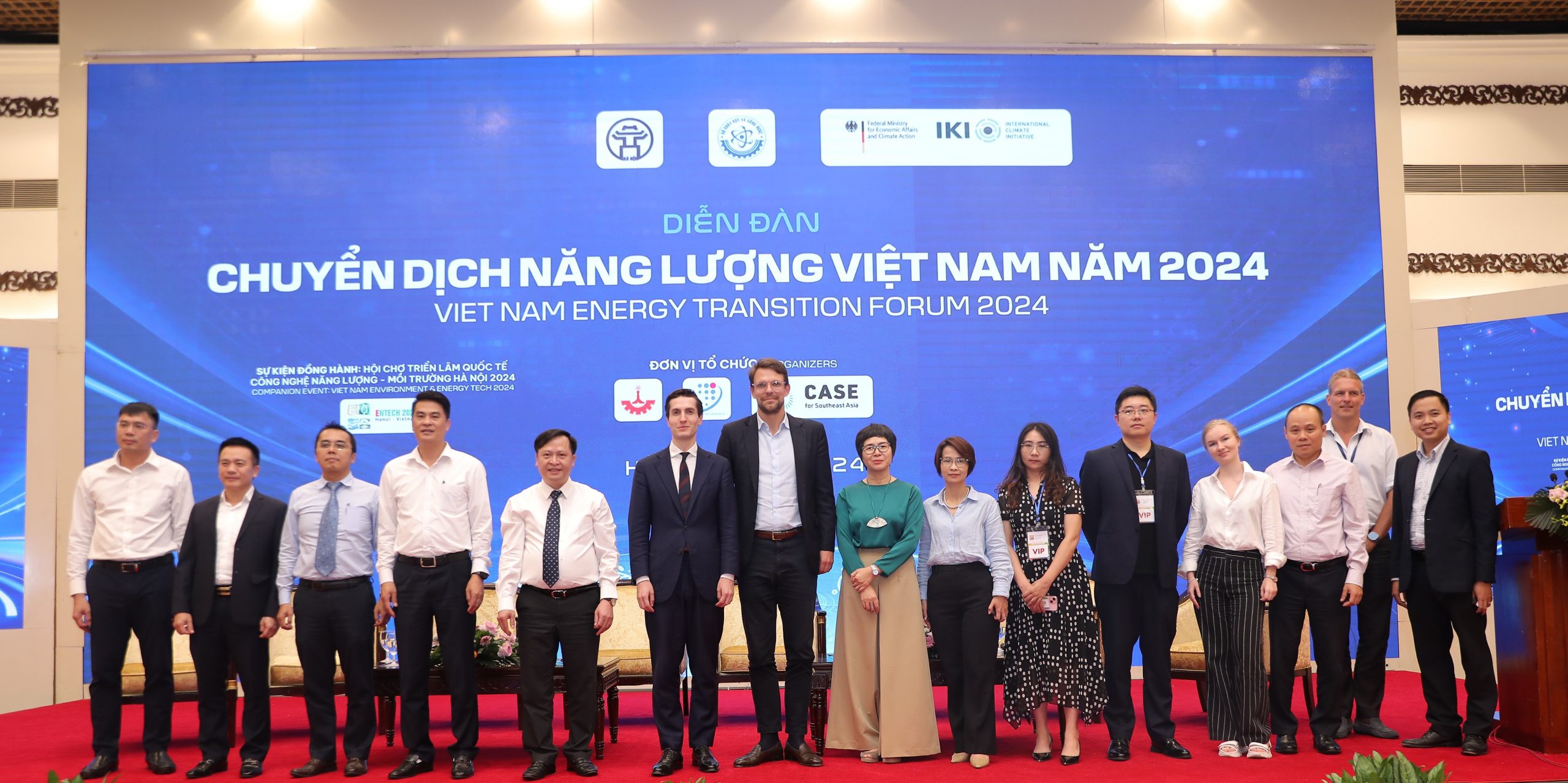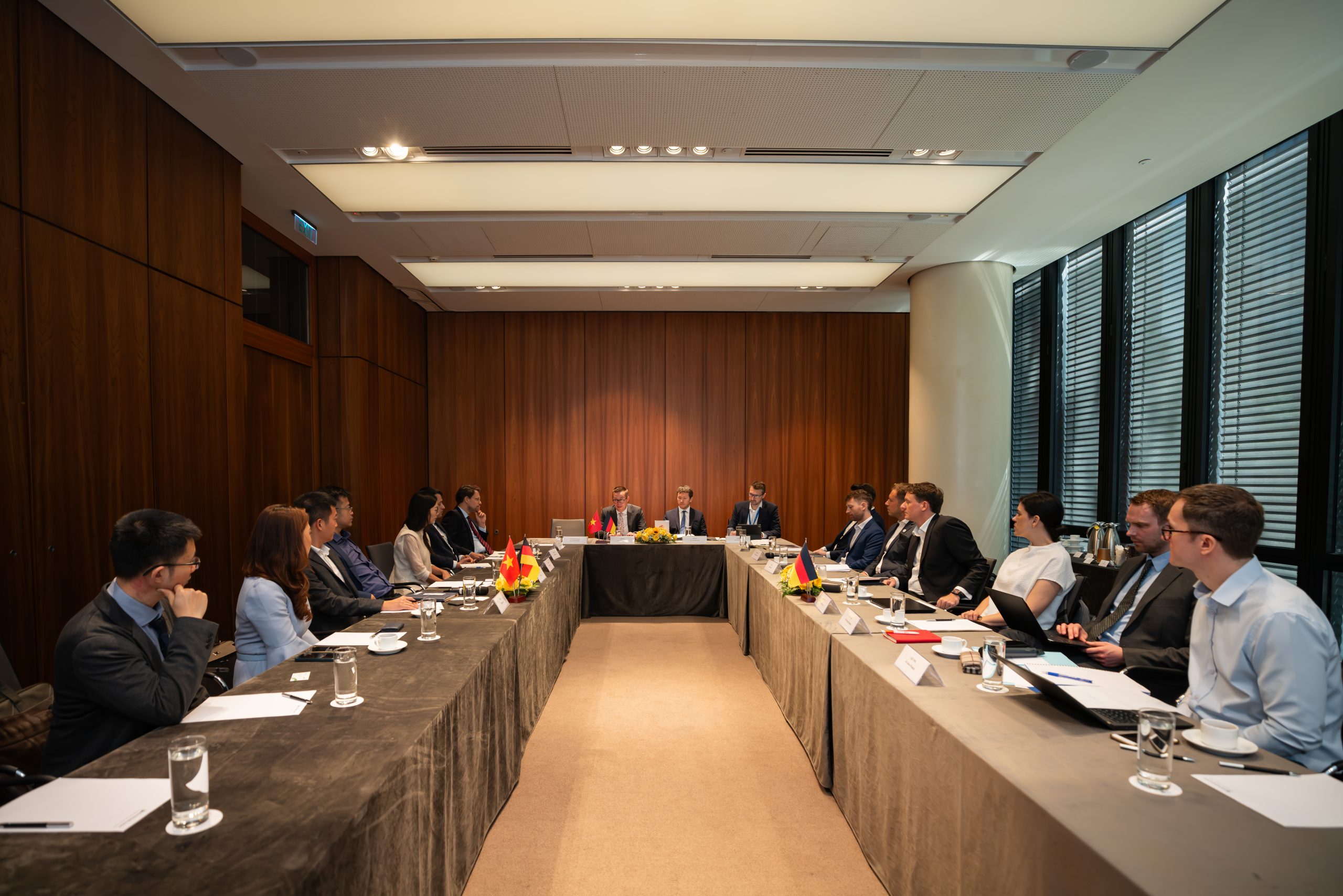Local and German scientists and businesses, as well as GIZ representatives, kicked off a new innovative project called “Solar-Aquaculture Habitats as Resource-Efficient and Integrated Multilayer Production Systems (SHRIMPS)” in Vietnam’s Mekong Delta region on November 4-5.
The SHRIMPS project aims to reduce freshwater consumption and wastewater, reduce CO2 emissions and pollutant inputs, and achieve greater resilience of farms to the impacts of climate change. It will also improve the economic situation of rural areas in the Mekong region, contribute to greater energy security, promote sustainable pangasius and shrimp breeding methods and create a platform for international and interdisciplinary knowledge transfer.
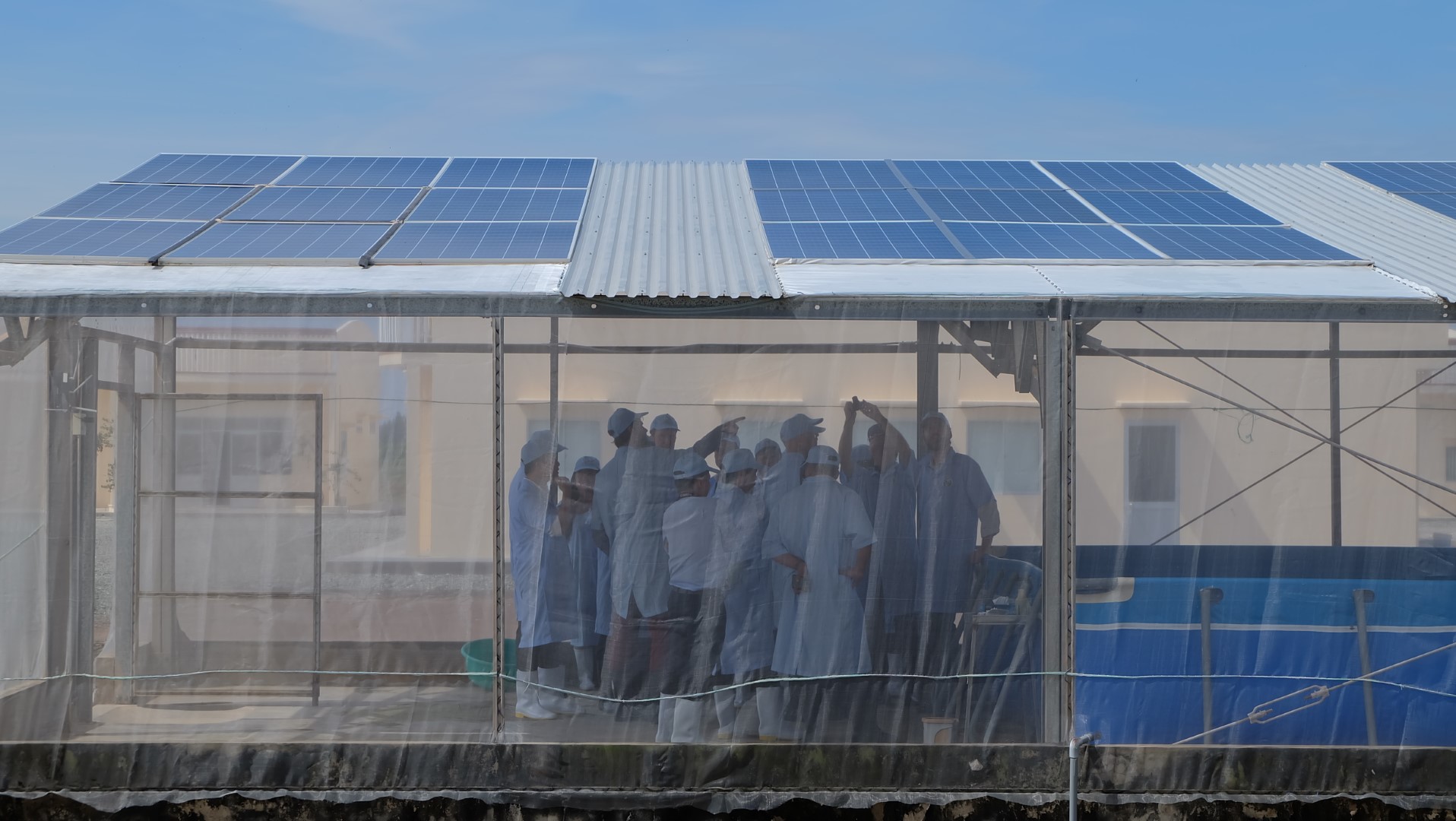
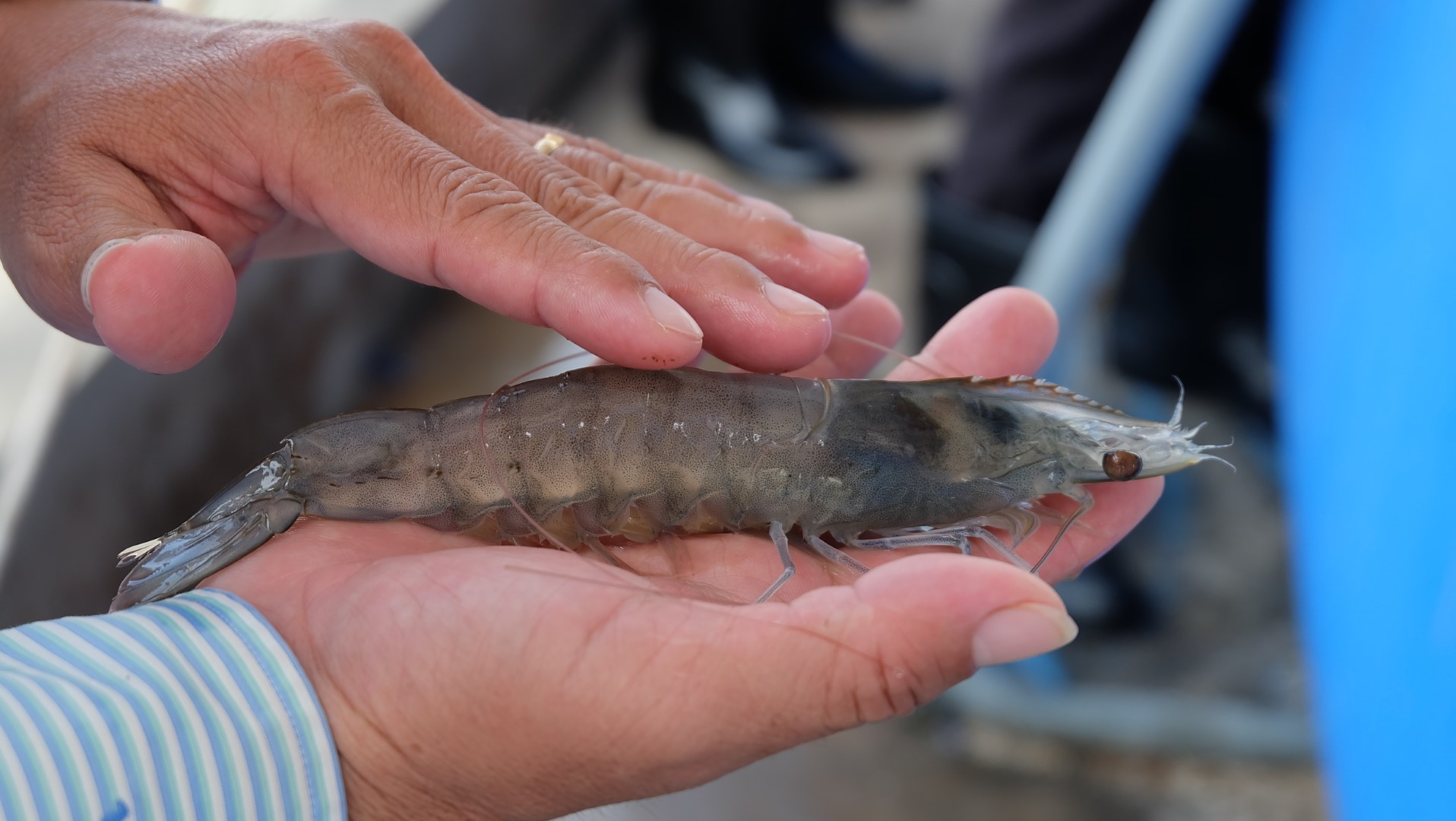
SHRIMPS combines aquaculture research and solar energy expertise to identify challenges and opportunities of combined aquaculture and solar systems and to gain a deeper understanding of the synergies and interactions.
Tentatively, the project has three tentative phases. In the first phase, partners will research the most promising production techniques and develop a concept for the following project phases based on the results. In the second phase, pilot plants will be installed in An Giang and Bac Lieu provinces. In the last phase, the monitoring of the two prototypes will be carried out to ensure that the constructed plants are reliable and can be used as a reference for the industry not only in Viet Nam but also in other countries.
The German Federal Ministry of Education and Research (BMBF) funds the project, which is carried out by both Vietnamese and German partners.



